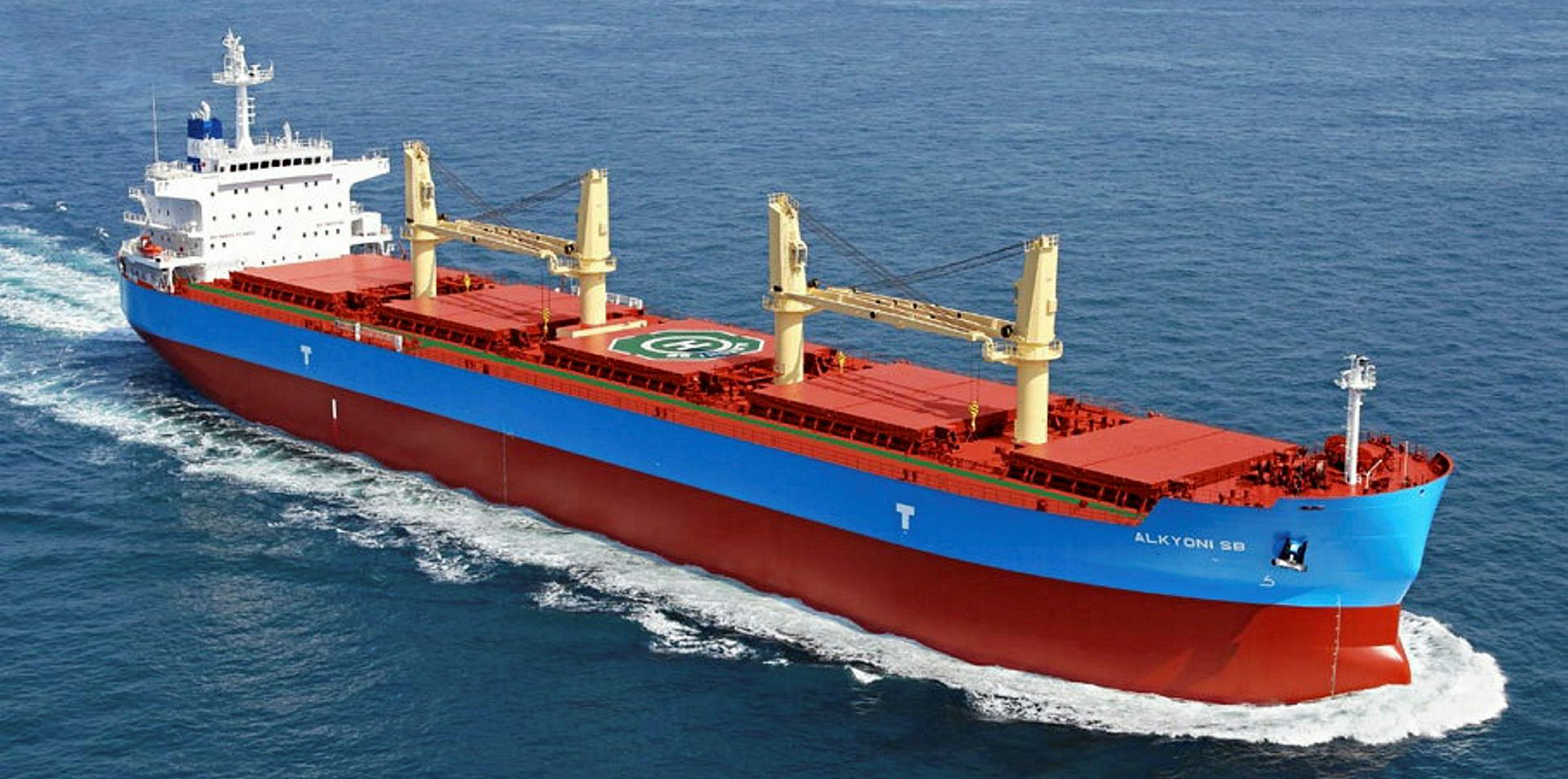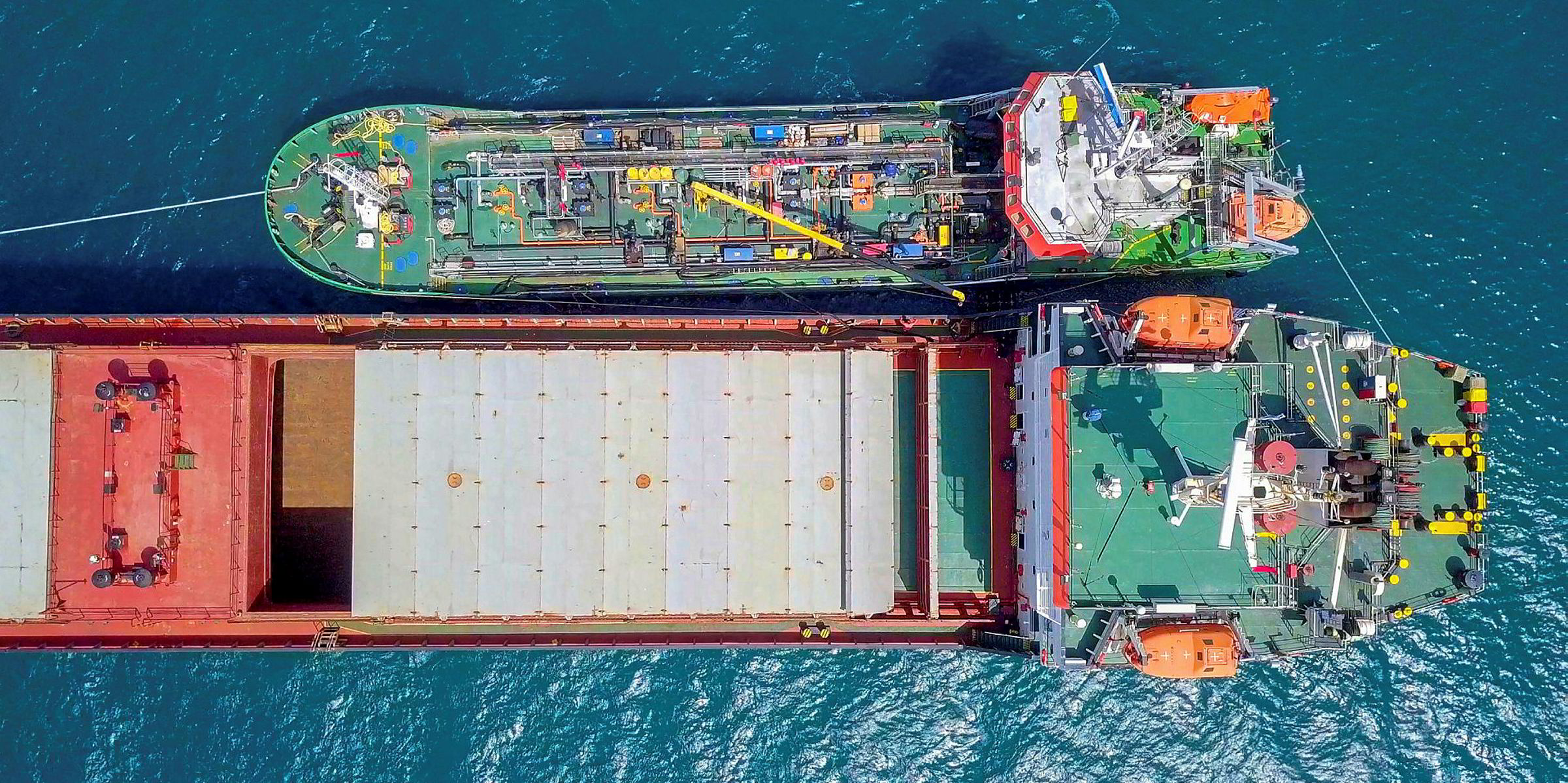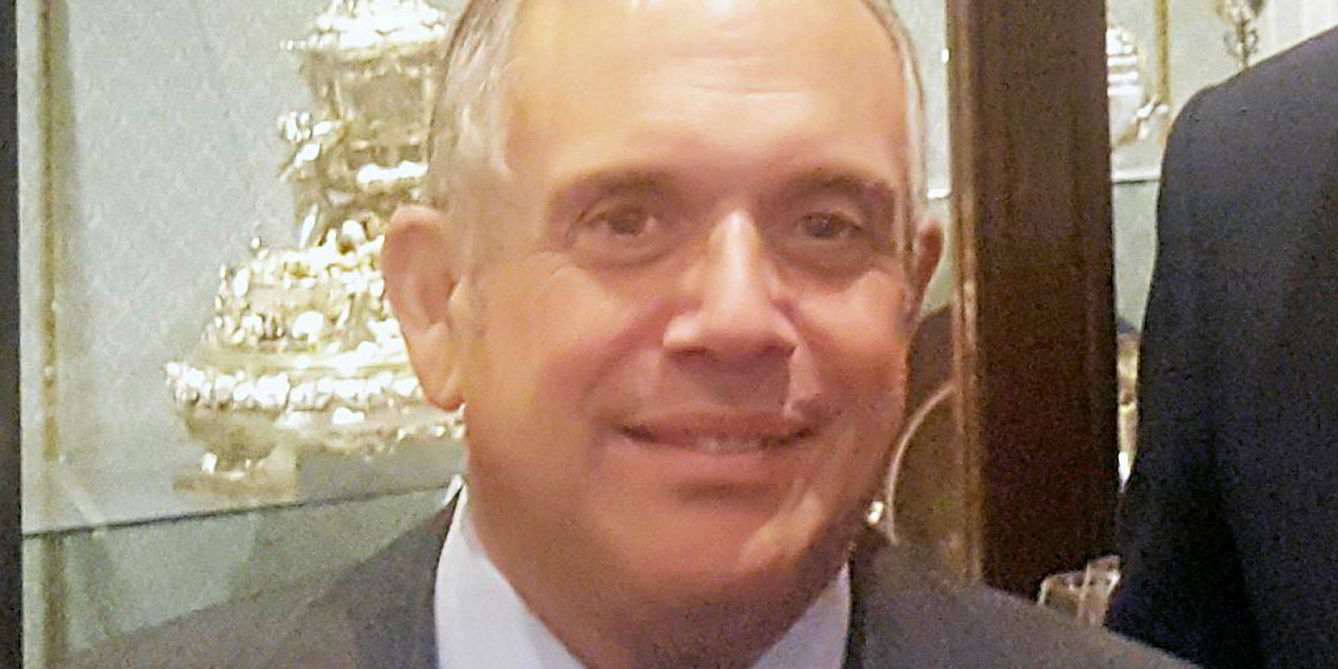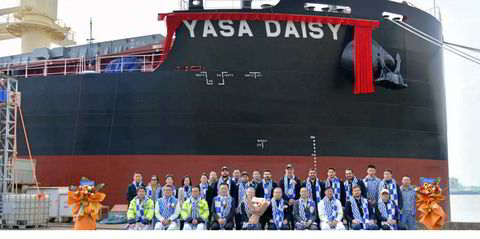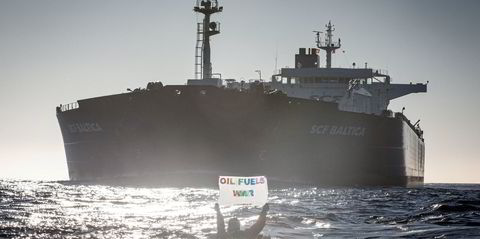Three months before the low-sulphur cap enters in force, its smooth implementation remains a nerve-wracking affair, Intercargo said after its general meeting in Athens.
IMO 2020 topped the agenda of the organisation as its annual general meeting of members came together in Athens, alongside its technical and executive committees.
“If you ask people out there ‘are you ready for 2020?’ They will say ‘yes, we’re ready’. But nobody’s ready, believe me,” Intercargo’s vice chairman Spyros Tarasis told journalists.
Members feel particularly exposed, said Intercargo, which represents about a quarter of worldwide dry bulk tonnage with a particular slant towards companies in tramp shipping.
Ships active in dry bulk tramp trades account for 850m deadweight tons of carrying capacity, said Intercargo chairman Dimitris Fafalios. “Some of that is covered by regular fuel supply contracts but a lot of it is not,” he told journalists.
Tramp operators trading in all corners of the world need to have access to low-sulphur fuel in every port. At the moment, however, supply only seems assured in certain hub regions.
“Unfortunately, it’s not available in all ports,” said Tom Keenan, chairman of Intercargo’s technical committee and executive vice president for marine operations at Liberty Maritime Corp.
Tramp players usually plan their voyages months in advance. The current fuel situation, however, leaves them clueless as to how to adjust from January onwards.
“Should we make the change today? Should we make it in December? If we wait until December, will we able to get the fuel?” Kennan said.
Capt Jay Pillai, another Intercargo vice chairman who is also fleet director at Pacific Basin Shipping, beat the same drum.
“All answers are vague,” he said. “Even if there’s fuel available in one particular port, we can’t fill up all the tanks because the fuel is not stable.”
Sanctions, by contrast, were much less of a concern in the Intercargo meeting. “We are so over-tonnaged at this moment in time, that the difference between sanctions and non-sanctions doesn’t make a big difference,” Fafalios said.
Intercargo, which turns 40 next year, represented 2,252 ships of 214m dwt as of 1 September, up by about a hundred vessels from October last year.
The association counted 142 full members and 79 associate ones, up from 111 and 78 as at of end-2017. It represents about 20% of bulkers in terms of numbers and about 25% in terms of dwt.
